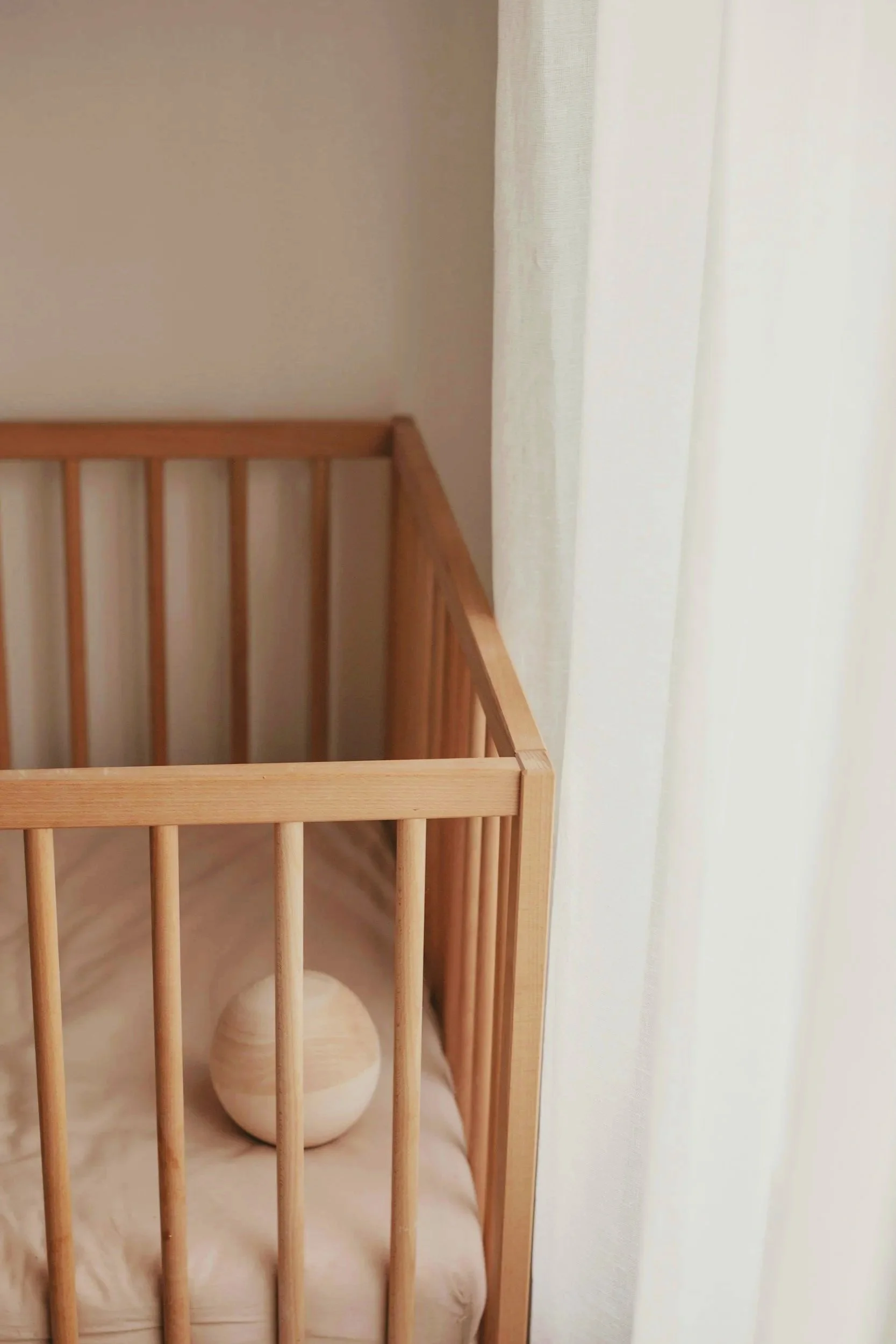
Maternal Mental Health
Many mothers have waited for their little ones for months or years, and things change drastically once they finally arrive. After being cleared by your doctor, you were discharged from the hospital, and the rollercoaster did not stop or even slow down.
Mothers often tell themselves they “should” be happier, more excited, and prepared for changes. In silence, they experience stress, intense guilt and anxiety, grief, and worry that overcomes them.
Mothers are expected to be celebratory and cherish these precious moments with their baby, but postpartum emotions create an invisible barrier that limits their positive spirits, self-esteem, and attachment.
Inevitably, many mothers put on a strong face and carry on. Gritting their teeth and crying alone, they often process their journey cyclically and feel misunderstood and alone by the people around them.
1 in 5 expectant mothers may experience perinatal/postparum depression or anxiety.
1 in 10 men may experience depression or anxiety during the perinatal period.
Individuals may experience anxiety independently, but it is often combined with depression.
Maternal mental health refers to the mental and emotional well-being of pregnant individuals (or women) during and after pregnancy and childbirth. Postpartum depression affects about 10-15% of women. Anxiety disorders are also common, affecting up to 1 in 3 women. Maternal mental health symptoms include anxiety disorders, postpartum psychosis, obsessive-compulsive disorder, and trauma-related disorders. I’ve had the privilege of working with this population since my social work career started. I've supported individuals in the Women's Clinic/OBGYN as a Behavioral Health Consultant and Specialist, in addition to outpatient maternal mental health programs. Whether you're hoping to conceive, navigating fertility or medical challenges, experiencing prenatal and postpartum mood symptoms, or dealing with perinatal loss or pregnancy-related trauma, I'm here to listen and support.
For women navigating the complexities of motherhood and perinatal mental health, I offer specialized care to address the unique challenges of this stage of life. From pregnancy and postpartum to balancing personal and professional roles, I support you every step of the way. As pregnancy and parenthood take on many forms and come with a variety of stressors, individuals need a safe space to connect, feel heard, and reflect on their unique story. I am committed to walking alongside you as you build and grow the life you deserve and to being part of this village. As a first-generation Asian American, I understand the complexities and unique challenges of familial and in-law dynamics, communication barriers, and boundaries. I use a culturally sensitive, intersectional, and trauma-informed approach in my practice. I strive to create an affirming space for everyone, regardless of where you are in your parenting journey or how you define your family.
Exploring your sense of self with compassion and curiosity
Pregnancy Journey
Stress is a common experience during pregnancy, whether it’s an individual’s first time. Because pregnancy takes a toll on your physical body, feelings of discomfort, morning sickness, fatigue, and aches and pains can influence your overall well-being and mood.
In addition, individuals may worry about what to expect during their labor or birthing experience, especially if they had a challenging birthing experience in the past.
Some clients have concerns about how to balance all the things they juggle in life. Although they may be pregnant and have significant life challenges, similar standards may be held of them in work, social, and familial settings. Individuals worry about balancing their work duties, preparing for maternity leave, and self-care, such as exercise or socializing or connecting with their partners.
The Fourth Trimester Postpartum Experience (1-3 months)
Immediately after labor, there is a crucial window that can heavily influence your mental health and beyond. Postpartum depression (PPD) is a common mental health condition that can affect women after giving birth, typcially starting after 14 days (or after baby blues).
Several factors may contribute to its worsening emotional challenges, such as hormonal changes, physical and emotional stress, sleep deprivation, drastic change in lifestyle, transition to motherhood identity, and lack of a “village” or support network with newborn care.
Other factors that can pose risk to mental health illnesses postpartum include social and cultural factors, in addition to trauma during pregnancy or childbirth (fetal issues, problems with the umbilical cord, placenta, or the mother's uterus, and maternal health conditions like postpartum hemorrhage or preeclampsia), or a NICU stay. Mothers who have a history of depression, anxiety, or other emotional disturbances are at higher risk for maternal mental health disorders.
Postpartum and Beyond: Major Life Changes and No Going Back
Motherhood is multifaceted and a lifelong journey of love, sacrifice, and selflessness. It involves guidance, trial and error, resilience, and continuous learning while balancing personal needs such as family and friends, career, and self. Although it is often described as a beautiful journey, it is also incredibly challenging and rewarding. It can bring immense joy and grief, love and hate, and highlight your strengths alongside unacknowledged “flaws”.
Perhaps mothers return to work, make a career change, or even spend time taking care of themselves. However, a little voice always reminds them that they “should” be doing something else. As mothers feel more steady with the newborn to toddler stages, they may get caught up in comparison, stress from juggling chaotic schedules, and their grief or transition from their old lives.
Identity Loss and Transformation
Pregnancy and motherhood can significantly change someone's sense of self, and therapy can help them navigate these shifts. Postpartum depression and anxiety risks can be minimized by providing a therapeutic safe space to process complex emotions and develop new coping strategies, as life moves quickly. Through therapy, mothers can work through feelings of guilt, inadequacy, or identity loss, learn to integrate aspects of themselves with their new familial roles, and ultimately foster self-compassion and enhance their overall well-being and self-efficacy.
There’s no right way to approach motherhood, and everyone reacts to these life transitions differently depending on their life circumstances and risk factors. However, most mothers can recover from postpartum mood disorders with the help of a strong social support network, processing and understanding of their experience, and healthy coping mechanisms.
All sides of Motherhood are
welcomed in my practice.
If what you read resonates with you — please remember, you are not to blame. There is no shame in experiencing postpartum mood issues, and you did nothing wrong and are not to blame for your feelings. Your mood symptoms mean little to nothing about you as a mother, but rather reflect the natural hormonal changes and major life transitions that you are experiencing.
Getting professional help will benefit you, your baby, and the rest of your family. Because guilt and shame are barriers to therapy treatment, I want to remind you that guilt is welcomed in my practice.




